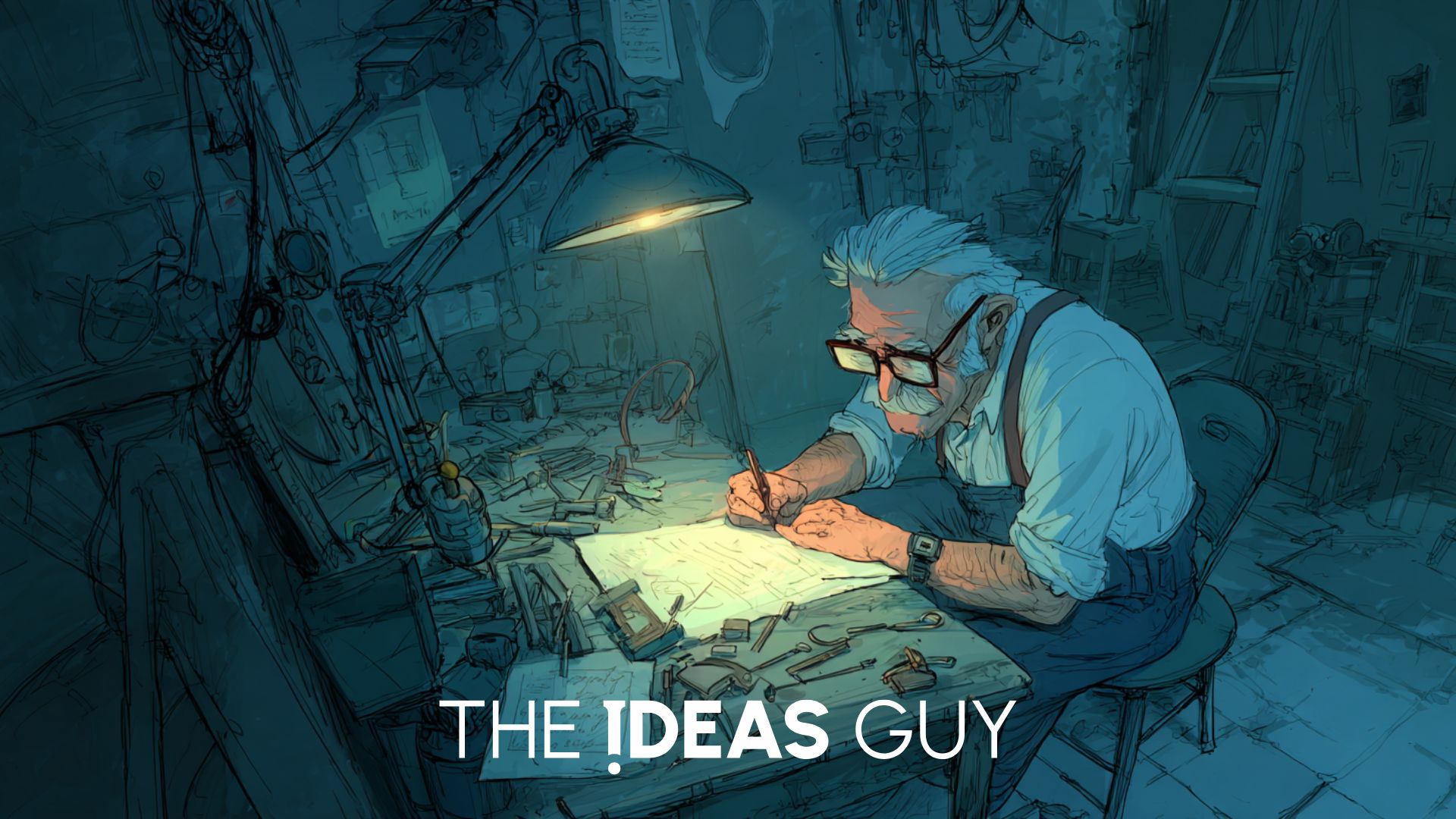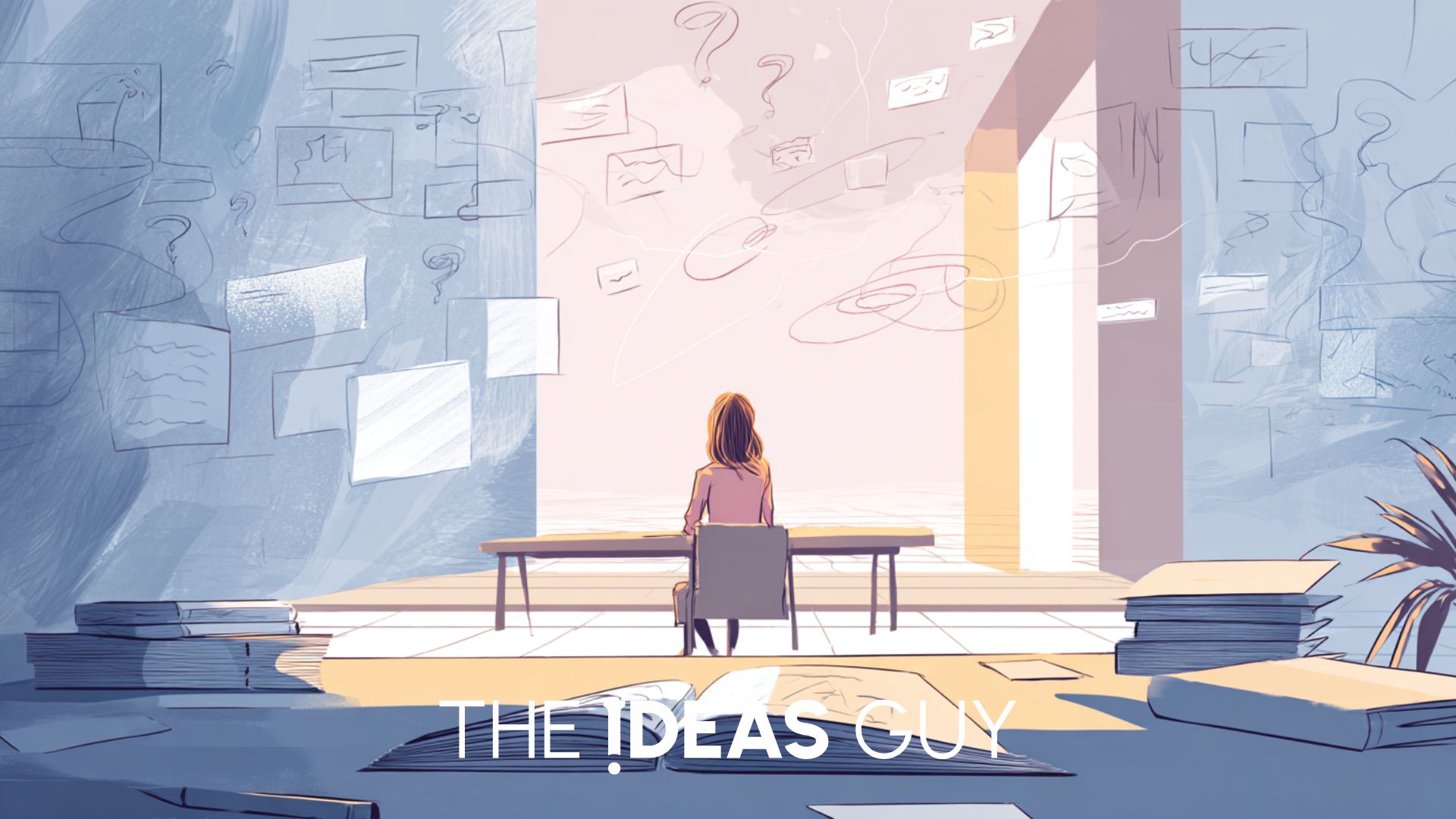Life has a habit of tossing us curveballs. (In fact, when I was a philosophy teacher, I got a load of soft balls and designed them as ‘curveballs’ that I would purposely throw into classes, meetings or training sessions to make us think differently. Perhaps it was a precursor to all this self-employed shizz!)
A job change necessitates a move, a relationship ends unexpectedly, or a global pandemic forces our entire way of life to adapt. Within these moments of change lies the potential for profound growth, but how do we navigate these shifts without losing sight of who we are at our core?
I wrote last week about how our beliefs shape our values which ultimately shape our destiny. Values freakin’ matter. A lot.
The art of the pivot lies in finding a way to embrace change while still remaining authentic to our values.
I got to watch my 13 year old daughter play netball the other day. It was epic. She’s good too (mother’s genes!). She's got this pivot thing down to a tee: feinting in one direction, then seamlessly spinning on their foot to change course, eyes still on the goal. This kind of graceful adaptability is a skill we can all cultivate.

The Roots of Resilience
Our ability to pivot with grace is often rooted in the beliefs we absorbed as children. A childhood filled with encouragement to try new things, where mistakes were seen as learning opportunities, fosters resilience. Or, if we were micromanaged and discouraged from straying beyond the expected path, navigating change can feel daunting and disorienting.
I think back to my childhood being a bit of a mix of both. Mum and Dad both wanted me to succeed, sacrificed for me to go to a good school (I got a scholarship but they had to pay loads of extras we couldn’t really afford). But they didn’t really push me to do anything more - I don’t ever remember a conversation about a career path, for example.
The way we were taught, both in classrooms and by life itself, shapes our approach to the unknown. Did school reward conformity or creative risk-taking? Were we taught to view setbacks as failures or as detours? Understanding the origins of our own reactions to change allows us to make conscious shifts.
The Dance of "What Is" and "What Could Be"
The key to a successful pivot then is holding two truths at once: a clear-eyed assessment of the present situation and a willingness to envision a different future. It's tempting to fall into either extreme – clinging stubbornly to a path that's clearly unsustainable, or leaping into the unknown with no regard for practical realities.
Cue the Frozen soundtrack.
The pivot requires us to dance between these extremes:
- Acknowledge the Shift: Denying a major change won't make it go away. Whether it's a job loss or a heartbreak, burying our heads in the sand only delays the inevitable.
- Assess Your Strengths: What skills, talents, and experiences helped you thrive in the past? What are your non-negotiable values? Use these as your compass.
- Imagine the Possibilities: Allow yourself to dream. If external constraints were removed, what would you pursue? Don't censor yourself based on perceived limitations – let your imagination run wild at first.
Where am I clinging to a path out of fear rather than genuine desire?
The Power of Questions
The most powerful tool for navigating change is the humble question. It’s no secret that I am a fan of questions.
When faced with a crossroads, it's probably worth asking:
- "What do I truly value and want to make room for?"
- "What beliefs about myself might currently be limiting me?"
- "Who can support me through this transition?"
- "What small step can I take today that honours my long-term vision?"
Michaelangelo is famed to have said,
"The sculpture is already complete within the marble block, before I start my work. It is already there, I just have to chisel away the superfluous material.” Michaelangelo
Just as he carefully removed the excess to reveal the masterpiece within, the process of pivoting can feel like stripping yourself back to the essentials. It's an opportunity to shed outdated expectations and to align yourself with what truly matters most.
As an example of the pivot, we can turn to the great Stephen Fry, of all people. From his early comedic days with Hugh Laurie to his celebrated turns as both whimsical narrator and tortured literary figures, he has always seemed a man of endless talents. That's because his career isn't merely about what he does, but who he is at the core.
His wit, a constant thread throughout his pivots, was honed in the Footlights comedy troupe at Cambridge. Yet, it was his openness about his bipolar disorder, his eloquence as a mental health advocate, his transparency about his homosexuality and atheism despite backlash, that all struck a deeper chord with audiences. There's a fearlessness to Fry, a willingness to shed the 'jolly chap' persona society craves in its entertainers and reveal vulnerability.
As a Religious Studies teacher, my favourite video to show about God was this one below (even if it seems a little out of place in this newsletter!). In it, Fry in his typical manner, asks big questions about our assumptions. Whilst I might not fully agree with his conclusions, I do love how he has a brilliance in the articulation of his argument.

He's moved from Oscar Wilde on screen to narrating fluffy penguins, from Jeeves to a tormented professor in a dystopian drama. Yet, within all his roles, there's always that touch of Fry. A certain spark in the eye, a depth of understanding hidden behind a quip, a sense that even with all the acclaim, he hasn't become a stranger to himself.
Perhaps his most daring pivot was stepping away from hosting QI, the beloved panel show he'd helmed for years. It was a decision not born of dissatisfaction, but a recognition that stagnancy breeds complacency. That pivot keeps his authenticity alive. It's a reminder that even the most established of figures must keep exploring, evolving, and surprising us – perhaps most importantly, surprising themselves.
Fry's ability to reinvent while staying true to his essence is an inspiration. He shows us, through humour, intellect, and vulnerability, that a career isn't just a string of achievements. It's the ongoing discovery of all the things you can be, as long as you don't lose sight of who you already are.
The pivot can be both exhilarating and terrifying. And that too shall pass. So, I am thinking that there are some learns not from Stephen Fry per se, but on this whole pivoting with authenticity vibe. Here goes:
Embrace the 'Good Enough' Mindset. Perfectionism can be a crippling force, trapping us in a cycle of endless planning and delaying action. The key to pivoting successfully is to embrace a "good enough" mindset. Start with a solid foundation, even if it's not flawless. Remember, you can always refine and adjust your course as you move forward. Don't let the pursuit of an unattainable ideal prevent you from taking that first, essential step. Remember the Minimum Lovable Product? That.
Build Your Adaptability Muscle. The ability to adapt is like a muscle – it grows stronger with use. Actively seek out small, manageable challenges that push you slightly outside your comfort zone. Try a new recipe, learn a few phrases in a foreign language, take a dance class, or join a local sports team. Every time you successfully navigate a mini-pivot, you build confidence and resilience for when larger changes inevitably come your way.
Find Your Cheerleaders. When facing uncertainty or doubt during a pivot, having a supportive network is invaluable. Surround yourself with friends, family, mentors, or even online communities who genuinely believe in you and your potential. They'll celebrate your wins, big and small, offer encouragement when things get tough, and remind you of your strengths when your own perspective wavers.
Focus on Growth vs. Transformation. Growth is about expanding and evolving, while staying rooted in who you are. A pivot should enhance the best aspects of you, not force you to become an entirely different person. Let new experiences shape and refine you, but honour the core elements that make you uniquely you. Remember, authentic growth builds upon your unique strengths and values
Let Change Be Your Catalyst. Change, even when unexpected or uncomfortable, can be a powerful catalyst for growth. View it as an opportunity to reassess your priorities, identify untapped potential, and break out of old patterns that no longer serve you. Embrace the pivot with an open mind and a spirit of curiosity. Ask yourself empowering questions like, "What can I learn from this experience?" and "What new aspects of myself might this transition reveal?" Even the most disorienting detours can often lead to the most fulfilling and extraordinary destinations.
I will be doing a full piece about change very soon in this newsletter so watch this space on that but what we must take from here is that embracing change doesn't mean abandoning your core values. These are the guiding principles, the trig points, the anchors that shape your identity and give meaning to your life. Trying to become someone you're not, even for the sake of an enticing new path, is a recipe for disaster.
Oh and most of us over a certain age have only been thinking of one thing throughout this article. You're welcome!
Further Reading
Discover more interesting articles here.
.png)
.webp)


